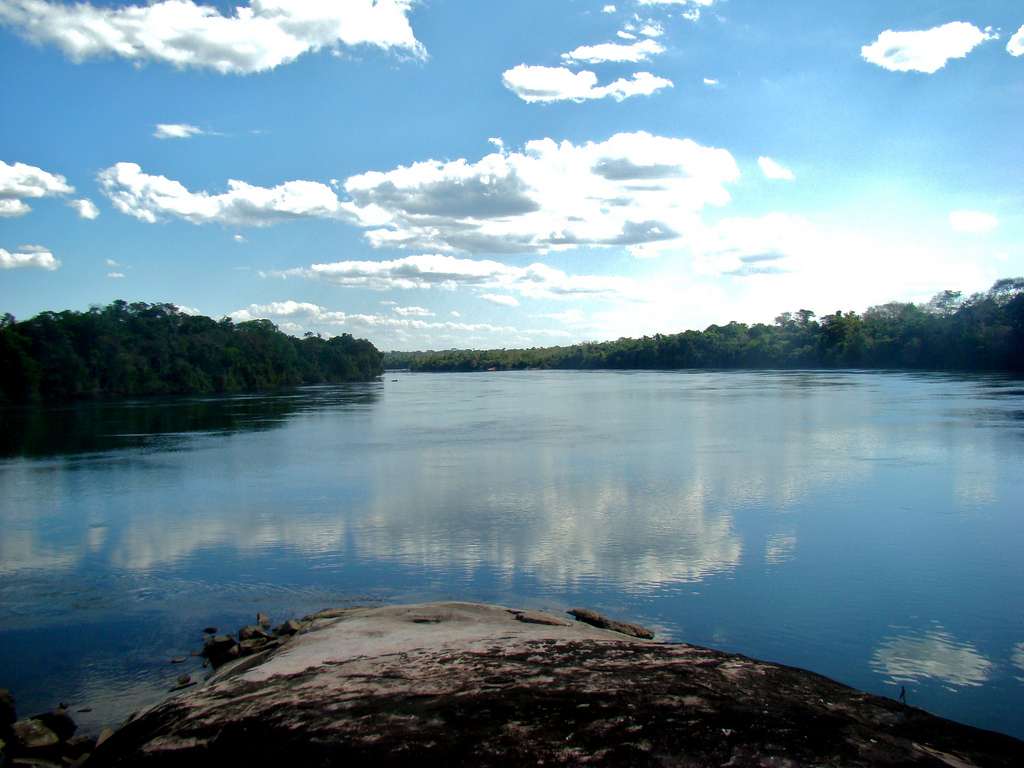Juruena River

Nestled within the pristine landscapes of the Brazilian Amazon, the Juruena River flows as more than just a watercourse—it is a lifeline, a source of sustenance, and a cultural artery that has shaped the identity and heritage of countless communities for generations. It is a major tributary of the Amazon River. In this immersive exploration, we delve into the multifaceted reasons why the Juruena River holds profound cultural importance, weaving together the stories, traditions, and connections that have flourished along its banks for centuries.
I. Indigenous Heritage: Guardians of Ancient Wisdom
1. Spiritual Significance
Explore the spiritual significance of the Juruena River for indigenous communities residing within its watershed, who view the river as a sacred entity intertwined with their cosmology, beliefs, and rituals. Discuss the role of the river in indigenous spiritual practices, ceremonies, and cultural traditions.
2. Traditional Knowledge
Highlight the invaluable traditional knowledge passed down through generations of indigenous peoples along the Juruena River, encompassing a deep understanding of the natural world, medicinal plants, and sustainable practices for living in harmony with the environment. Discuss the importance of preserving and respecting indigenous knowledge as a cornerstone of cultural heritage.
II. Riverine Communities: Resilience and Adaptation
1. Historical Settlements
Trace the history of riverine communities that have established settlements along the banks of the Juruena River, relying on its resources for sustenance, transportation, and livelihoods. Explore the cultural diversity and resilience of these communities, whose way of life is intimately connected to the rhythms of the river.
2. Artisanal Practices
Highlight the artisanal practices and crafts unique to riverine communities along the Juruena, including fishing, boat-building, and handicrafts. Discuss the significance of these cultural expressions as a means of preserving heritage, fostering community identity, and sustaining traditional livelihoods.
III. Cultural Exchange: Crossroads of Diversity
1. Historical Trade Routes
Examine the historical trade routes and pathways of cultural exchange that intersected along the Juruena River, connecting indigenous communities with neighboring regions and distant civilizations. Discuss the role of the river as a conduit for the exchange of goods, ideas, languages, and cultural practices.
2. Intercultural Encounters
Explore the dynamics of intercultural encounters and interactions that have unfolded along the Juruena, as diverse communities coexist and collaborate in a mosaic of cultural diversity. Discuss the fusion of indigenous, European, and Afro-Brazilian influences that have shaped the cultural landscape of the region.
IV. Oral Traditions: Stories of the River
1. Folklore and Mythology
Uncover the rich folklore and mythology surrounding the Juruena River, as recounted through oral traditions passed down through generations. Explore the legends, tales, and narratives that imbue the river with a sense of wonder, mystery, and cultural significance.
2. Songs and Music
Highlight the role of songs, music, and oral performances in celebrating the cultural importance of the Juruena, as expressed through traditional melodies, chants, and rhythms. Discuss how music serves as a means of storytelling, community bonding, and cultural expression along the river.
V. Conservation and Cultural Heritage: Preserving the Legacy
1. Environmental Stewardship
Discuss the intrinsic link between cultural heritage and environmental stewardship along the Juruena River, as communities advocate for the protection and preservation of both their cultural identity and the natural resources upon which they depend. Highlight grassroots initiatives and community-led conservation efforts.
2. Cultural Revitalization
Explore efforts to revitalize and celebrate the cultural heritage of the Juruena, including festivals, cultural events, and educational programs that promote intergenerational knowledge exchange and pride in indigenous traditions. Discuss the importance of empowering local communities in preserving their cultural legacy.
Conclusion: A River of Culture and Connection
As we navigate the cultural currents of the Juruena River, we are reminded of its profound significance as more than just a waterway—it is a repository of stories, traditions, and connections that unite diverse communities and celebrate the rich tapestry of human experience. May we continue to honor and preserve the cultural heritage of the Juruena for generations to come, ensuring that its cultural importance remains a source of inspiration and reverence for all.
Know More about the Juruena River.
What are The Religious Places of the Juruena River?
When Did The Juruena River Basin Become a Focus?
Where is The Juruena River Located?
Who Were The Key Historical Figures and Civilizations of The Juruena River?
How to Reach Juruena River?




